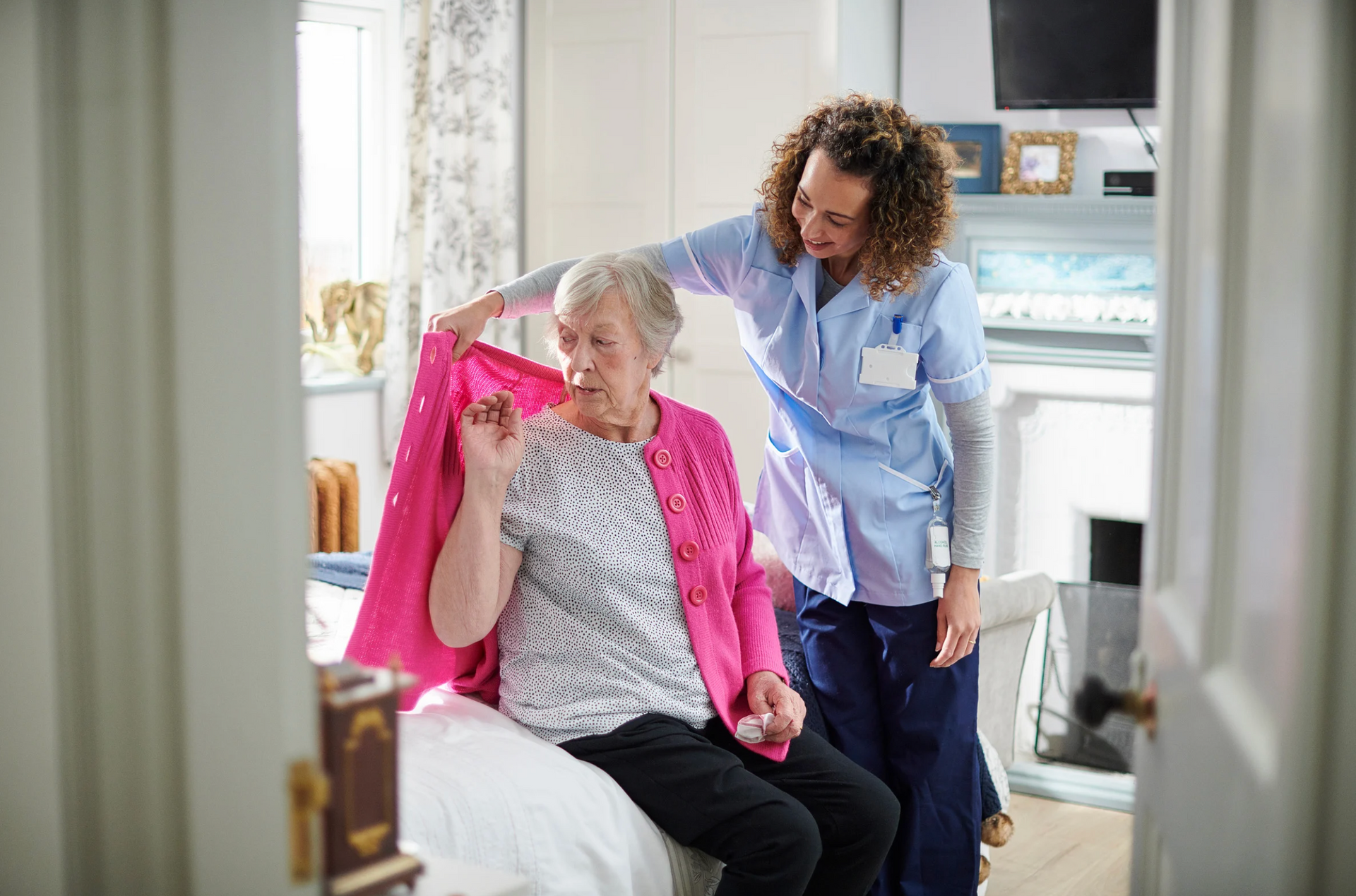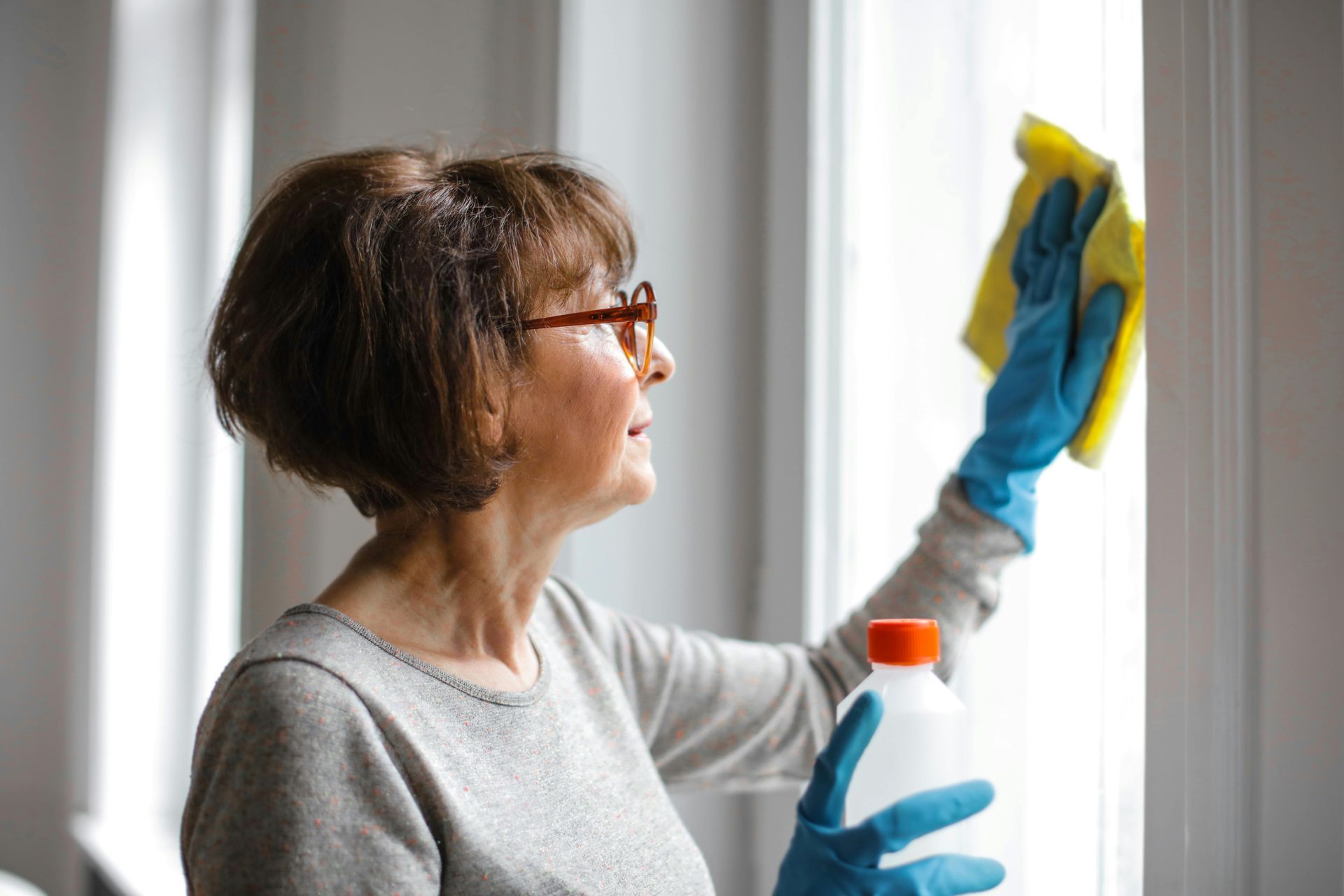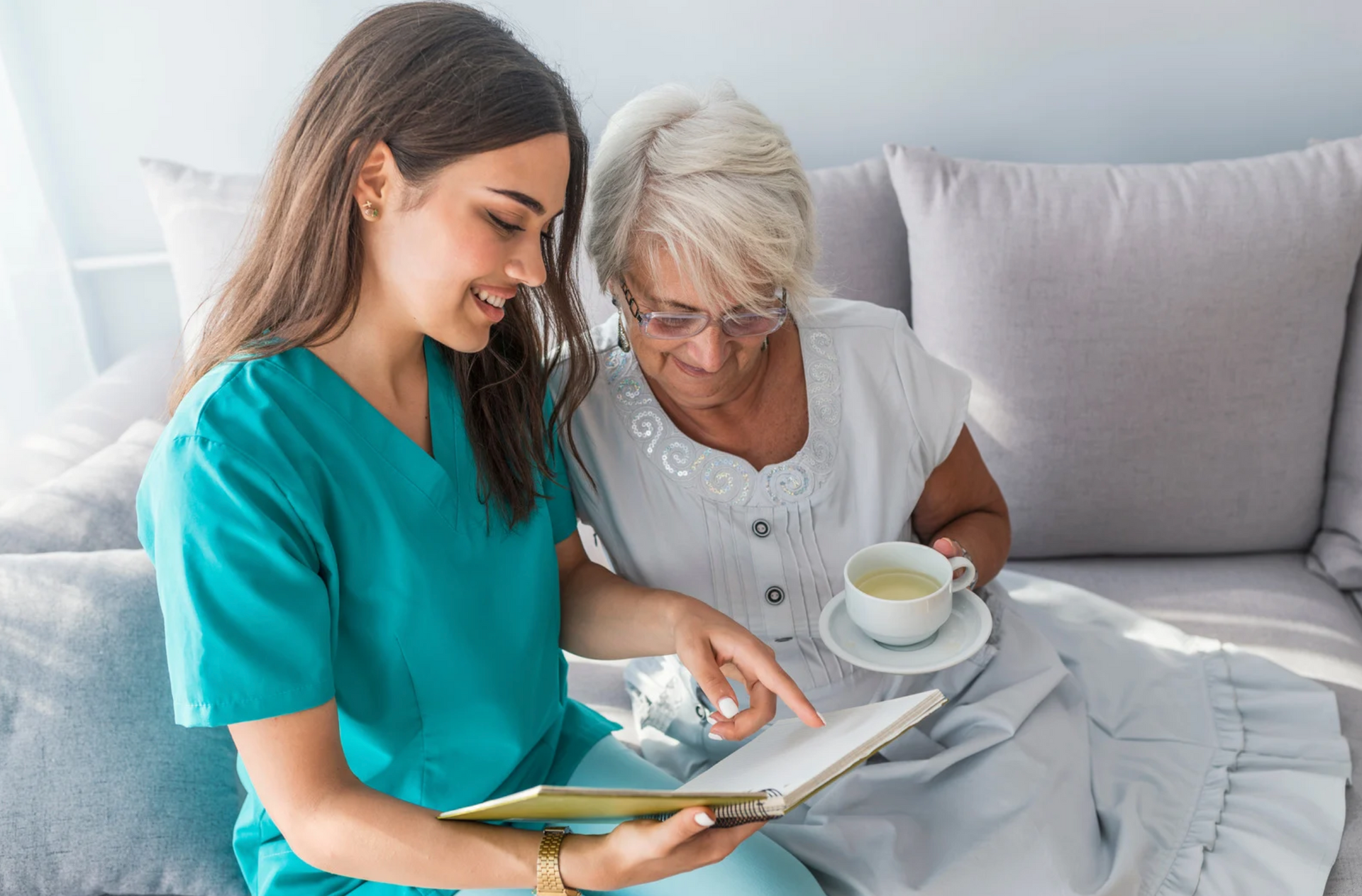Services
Non-Skilled Services
Non-skilled nursing services, also known as non-medical care, refer to a range of services provided to individuals who need assistance with daily activities.
These services are crucial for maintaining the quality of life for people who may be elderly, disabled, or recovering from an illness or surgery. Unlike skilled nursing care, which requires medical training and certification, non-skilled nursing services can be provided by caregivers or aides who do not have a medical background. These services play a vital role in supporting individuals to live independently and comfortably in their own homes or care facilities.
Non-skilled nursing services are an essential component of care for individuals who need assistance with daily activities but do not require medical intervention.
These services enhance the quality of life, promote independence, and provide vital support to both individuals and their primary caregivers. By understanding the various types of non-skilled nursing services available, families can make informed decisions about the care and support needed for their loved ones.
Personal Care Services
Personal care services involve assistance with activities of daily living (ADLs), which are essential tasks that individuals need to perform to maintain their basic well-being and hygiene. Examples of personal care services include:

Bathing and Grooming
Caregivers help individuals with bathing, showering, and personal hygiene tasks such as brushing teeth, combing hair, and shaving. This ensures that the individuals maintain cleanliness and feel good about themselves.
Dressing
Assistance with dressing includes helping individuals choose appropriate clothing and assisting them in putting on and taking off clothes. This service is especially important for those with limited mobility or dexterity.
Mobility Assistance
Mobility assistance involves helping individuals move around their home or care facility. This may include transferring from bed to chair, assisting with walking, or using mobility aids such as walkers or wheelchairs.
Toileting
Caregivers provide support with using the toilet, which may include transferring individuals to and from the toilet, helping with incontinence care, and ensuring proper hygiene.
Homemaking Services
Homemaking services are designed to help individuals with household tasks that they may find challenging. These services ensure that the living environment is safe, clean, and comfortable. Examples of homemaking services include:

Light Housekeeping
Caregivers perform basic cleaning tasks such as dusting, vacuuming, sweeping, and mopping floors. They also clean bathrooms and kitchens, ensuring that these areas are sanitary.
Laundry
Assistance with laundry includes washing, drying, folding, and putting away clothes and linens. Caregivers may also help with ironing and mending clothes if needed.
Caregivers can assist with grocery shopping, picking up prescriptions, and running other errands. This service helps ensure that individuals have the necessary supplies and medications.
Shopping and Errands
Meal Preparation
Caregivers assist with planning, preparing, and serving meals. They ensure that the meals are nutritious and meet any dietary restrictions or preferences. This service may also include feeding assistance for individuals who have difficulty eating on their own.
Caregivers provide support with using the toilet, which may include transferring individuals to and from the toilet, helping with incontinence care, and ensuring proper hygiene.
Companionship Services
Companionship services focus on providing social interaction and emotional support to individuals who may feel isolated or lonely. These services are essential for mental and emotional well-being. Examples of companionship services include:

Conversation and Socialization
Caregivers engage individuals in conversations, play games, read books, or watch movies together. This interaction helps alleviate feelings of loneliness and promotes mental stimulation.
Accompaniment to Appointments
Caregivers accompany individuals to medical appointments, social events, or other outings. This service ensures that individuals can attend important appointments and stay connected with their community.
Recreational Activities
Caregivers encourage and participate in recreational activities that individuals enjoy, such as gardening, crafting, or going for walks. These activities promote physical and mental well-being.
Respite Care
Respite care provides temporary relief for primary caregivers, allowing them to take a break from their caregiving responsibilities. This service is essential for preventing caregiver burnout and ensuring that primary caregivers can continue to provide high-quality care. Examples of respite care include:

Overnight care involves a caregiver staying with the individual during the night to provide support and ensure safety. This service allows primary caregivers to get a full night's sleep.
Overnight Care
Emergency Respite Care
Emergency respite care is available when unexpected situations arise, such as illness or a family emergency. Caregivers step in to provide immediate support to the individual in need.
Short-Term Relief
Caregivers provide care for a few hours, days, or weeks, giving primary caregivers time to rest, run errands, or take a vacation.
Caregivers provide support with using the toilet, which may include transferring individuals to and from the toilet, helping with incontinence care, and ensuring proper hygiene.
Medication Reminders
edication reminders are crucial for individuals who need to take medications regularly. Caregivers ensure that individuals take their medications on schedule and in the correct dosage. Examples of medication reminder services include:
Setting Up Medication Organizers
Caregivers assist with organizing medications in pillboxes or other medication organizers, making it easier for individuals to manage their medications.
Reminders to Take Medications
Caregivers provide verbal reminders to individuals to take their medications at the prescribed times. This service helps prevent missed doses and medication errors.
Call Us Today
Call us today for an informational session and ask any questions that you may have. You can sign-up online or by phone. Spaces are limited!
Sign Up For Our Newsletter
We will get back to you as soon as possible.
Please try again later.
Quick Links
Services
Contact
Address
5700 Pearl Road suite 201, Parma, OH, USA
